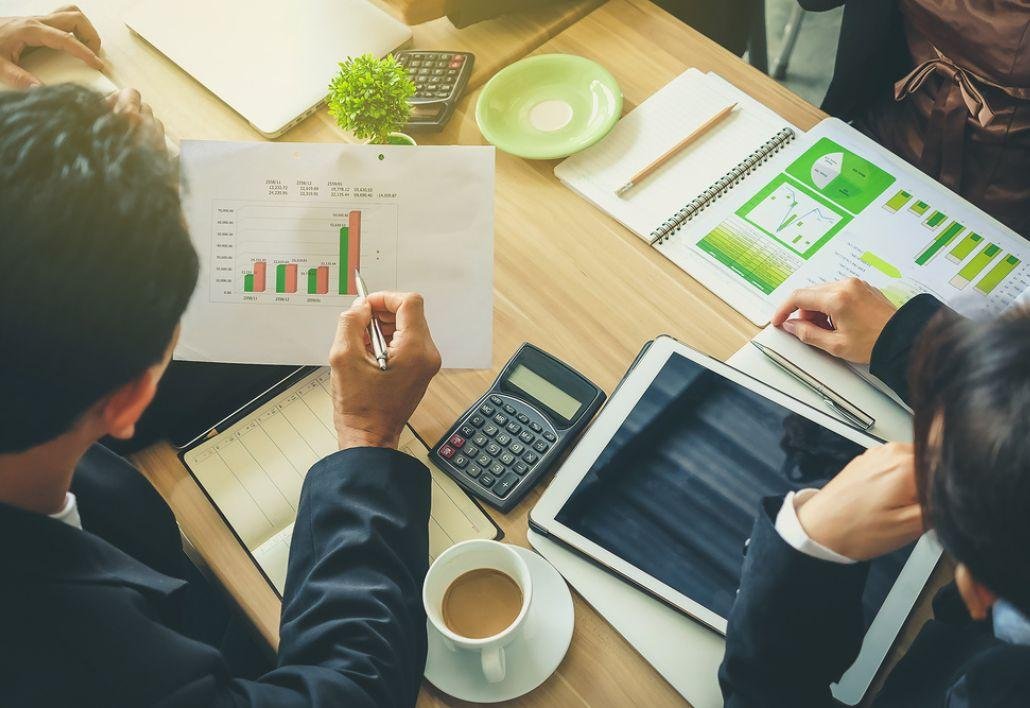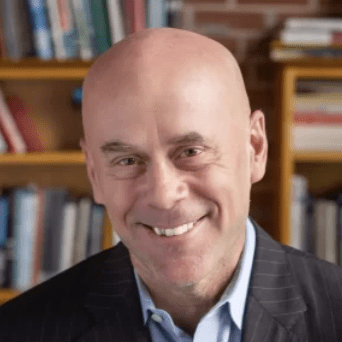
An interview with Roger Ballentine, President of Greenbiz
Roger Ballentine, President of Greenbiz and one of the Top Sustainability Speakers listed by The Sustainability Speakers Agency, sat down in this exciting interview to discuss his former role at the White House. Discover the biggest hurdles businesses face in the fight against climate change, the economic...

Roger Ballentine, President of Greenbiz and one of the Top Sustainability Speakers listed by The Sustainability Speakers Agency, sat down in this exciting interview to discuss his former role at the White House. Discover the biggest hurdles businesses face in the fight against climate change, the economic benefit of sustainability and more, in this Q&A.
What did you learn from your role as the former Chairman of the White House Climate Change task force?
“Oh, I learned so much! It was an absolute trial by fire in needing to learn the substance, learn the science, learn the economics, learn the technologies. I learned so much, but [that’s] what I love about my job, I will say, is learning new things every single day.
“But it was a real trial by fire. It was also, you know, a tremendous privilege and honour and responsibility to be in charge of this issue across the federal Government. At times, it was very frustrating and part of it was- you know, this is 1998, 1999, 2000, there wasn’t a lot of consensus.
“I should go back to the inspiration and give some credit where credit is due and that’s to President Bill Clinton, who himself passionately believed that dealing with climate change was a nearly unprecedented economic opportunity – if we seized it and did it right. I said to him when I was leaving the White House; ‘your vision there… is going to be my career’.”
In your opinion, what is the biggest hurdle businesses will face in their quest for sustainability?
“There are several hurdles… a lot of it is about having the right leadership.
“These corporate CEOs who dismiss sustainability as not relevant to their business are becoming a vanishing breed. So, that is a good thing, but you need leadership because there will always be resistance within the company.
“Then, going down to that micro level, how do you have a successful sustainability program? You get some early wins, you do some things and even the sceptics say, ‘oh, that was good, that created value.’ And then, as you build out that culture, it becomes a central part of a company, strategically and operationally going forward.
“The hurdle is proving that case early on so you can go on that path.
“Are there some political hurdles in the United States? There is and will likely be. We’ve got an unprecedented rise of authoritarian reactionary politics, and it’s happening now.
“You’ve got a lot of politicians who are saying, ‘we are going to call out and not do business with companies that are quote un-quote woke,’ which in the view of many includes companies that are trying to do something about climate change. Even if you think it’s the best thing to do for your business, they don’t care. So, will there be some political blowback in the US? Yes.
“I’ve yet to see a company who has said, ‘oh boy, that’s scary, let’s get off this sustainability train.’ No, because of all the reasons I explained – it’s a better way to do business. I’m not saying it’s easy. Every company is different, every sector is different, but it’s a better way to do business.”
What is the economic benefit of sustainability in business?
“Sustainability when done right starts with a company looking at itself through a different lens. I like to talk about how it’s like putting on a pair of night vision goggles and suddenly you see things you didn’t see before.
“Now, some companies are still discovering this but the leading companies, they’ve all been doing this. You start looking at things in different ways, tracking different metrics, like waste – there’s a metric. Energy use, there’s a metric. And you start looking at them in slightly different ways and one thing you find is opportunities to save money.
“So, if we actually increase the energy efficiency of this device, this process, this building, what does that lead to? It lowers our energy costs. What does it also lead to? It reduces emissions. You may start by looking at it from an emissions perspective but what you find, at the end of that journey, are monetary savings.”
“That’s one clear benefit, but it’s more than that. I don’t want to imply that this is superficial, but reputation matters and there’s a direct correlation – millions of studies have shown this – between having a positive reputation and your bottom line. Brand value, it matters and today it is absolutely the case that more and more of your customers, your employees, your potential employees care about this stuff.
“They want to see that a company is taking positions and taking actions on issues like climate change… or they may shop somewhere else, they may use somebody else’s services, they may work somewhere else. You can’t compete and succeed as a company without talent, and obviously, without customers.
“Now, it was in the beginning that this was primarily understood by consumer-facing brands. Competitive brands, Coke or Pepsi, you know, are in such competition that they think, ‘maybe if we at Coke do a little more on climate sustainability, then consumers may grab a Coke instead of a Pepsi.’ Things like that, pretty straightforward. But today, it’s much more than that.
“I’m [currently] working for a business-to-business electronics company, who came to me because they’re like, ‘we’re actually losing jobs because the businesses we’re selling to – these are not consumers – they’re asking us about sustainability, and they don’t think our answer is good enough. They’re going to our competitor.’
“Wow… so, that’s business value. Having a sustainability program will almost always make you a more efficient, aware, innovative and competitive company.
This exclusive interview with Roger Ballentine was conducted by Jack Hayes, courtesy of The Sustainability Speakers Agency.
